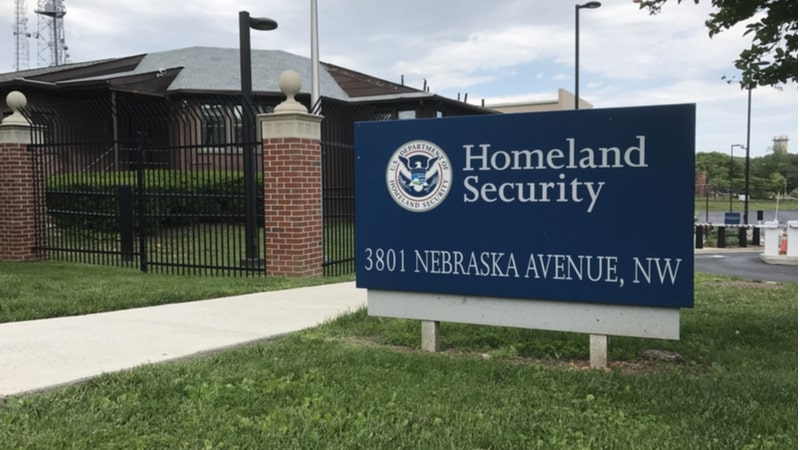
The Department of Homeland Security (DHS) needs to improve its oversight and coordination of work that the agency undertakes with federally funded research and development centers to prevent project overlap, a new watchdog report says.
A Government Accountability Office (GAO) report released on Oct. 30 says that the DHS should amend its policies to require Federal officials to ensure that research and development projects at government-funded research centers do not overlap with those directly funded by DHS.
Federally Funded Research and Development Centers (FFRDC) – government-funded research centers providing long-term, specialized support for Federal missions – are overseen by DHS’s Science and Technology Directorate (S&T). FFRDCs also aim “to provide independent and objective advice on critical homeland security issues.”
“DHS and S&T policies and procedures require S&T officials to review proposed FFRDC projects for potential unnecessary overlap through their R&D coordination process,” GAO said in its report.
“However, this process may not include all R&D projects that DHS components develop with their own R&D appropriations,” GAO said. “S&T officials stated that this is because, as part of S&T’s coordination process, DHS and S&T policies and procedures do not require the five DHS components to share their component-funded R&D activities with S&T.”
In addition to revising policies, GAO made seven other recommendations including that the FFRDC Program Management Office (PMO) should evaluate the potential risk that low response rates for program assessments have on the reliability of FFRDC performance.
“FFRDC PMO officials told us they have not analyzed the risk of nonresponse bias and thus do not use it as a factor when deciding whether to take additional steps to increase survey response rates,” said GAO.
“While bias can be caused by many factors, low survey response rates are of concern because they raise the risk that the responses received do not represent the views of all S&T and DHS component program managers,” GAO continued.
Other recommendations urge DHS S&T to update and share R&D project lists on a quarterly basis, ensure documentation of overlap reviews, document survey response metrics in assessments, analyze open-ended survey feedback, share assessment results with FFRDC leadership, and create a process for reviewing a task order sample to improve future task designs and implementation.
DHS concurred with all eight recommendations, writing that it is “committed to strengthening processes to meet long-term R&D needs … [and] addressing staffing limitations that hinders optimal performance.”
